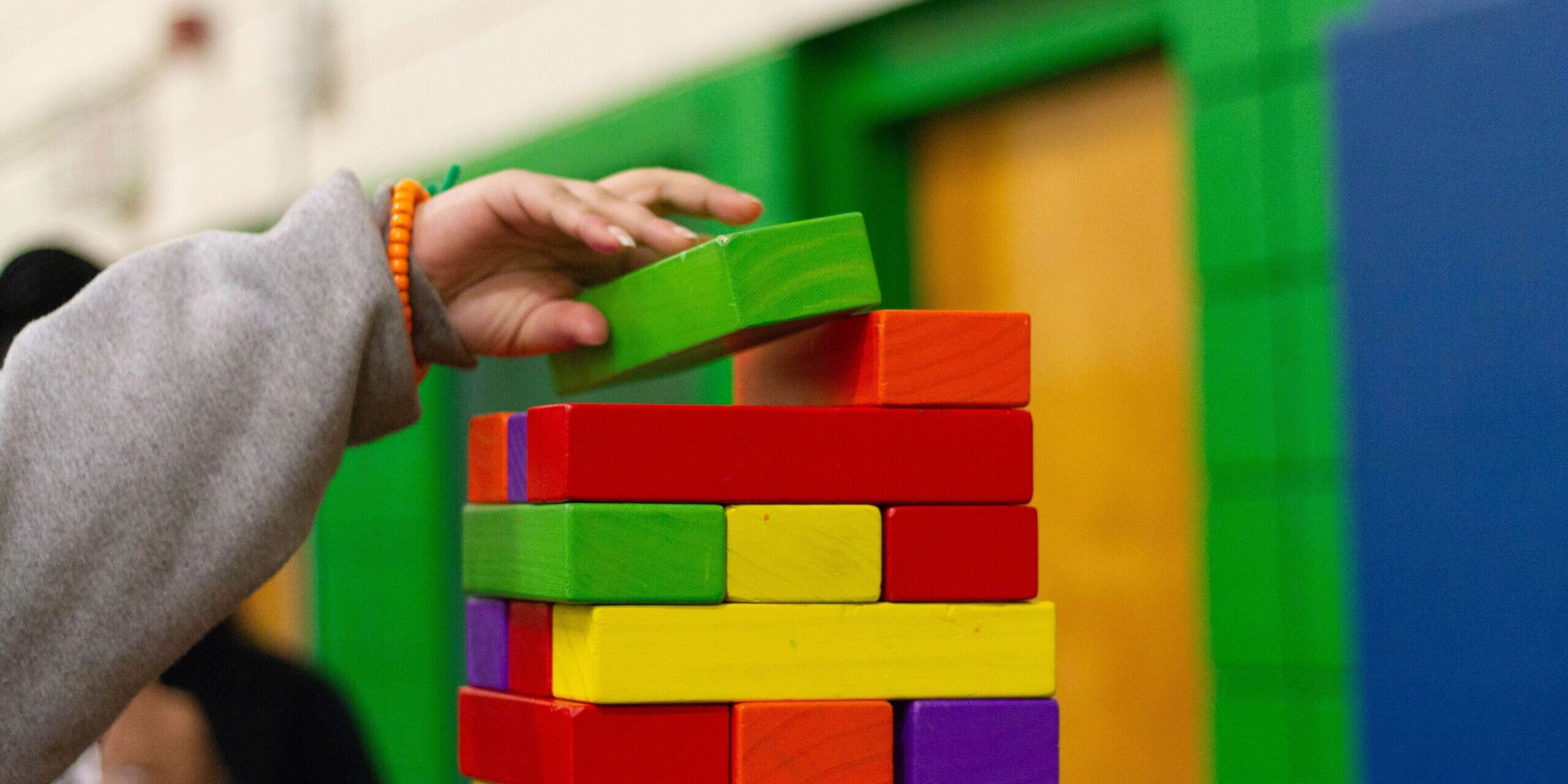At the present time one of the most popular methods for the child’s development is the Montessori system, which combines uniquely serious work with an exciting game, discipline with freedom. Maria Montessori, the author of this pedagogical method, used to call it “a system where the child develops independently, relying on a didactically prepared environment”. This methodology has been around for more than 100 years.
What is the essence of the Montessori method?
Montessori’s method is a unique system of self-development and self-education of children. The main attention here is drawn to the development of fine motor skills, the senses (vision, hearing, taste, smell, touch), as well as the development of a child’s independence. There are no unified programs or requirements, each child follows an individual pace. Every child is free to do what he likes. Thus, he “competes” with himself, gaining confidence, as well as fully mastering the material.
The key principle of the Montessori method is “Help me do it myself.” Meaning, the adult should understand what the child is interested in, provide him with an appropriate learning environment and teach the child how to use it. The adult-only needs to help the child to reveal the abilities inherent in him by nature, and let the child develop in his own unique way.
Note that Montessori kids are curious and open to new knowledge. They grow up independent, free, they know how to find their place in society.
What are the main principles of the Montessori system?
- Child activity. An adult plays a secondary role in teaching, being not a mentor, but an assistant.
- Child’s freedom of action and choices.
- The older children teach the younger ones. At the same time, they themselves learn to take care of the younger ones. This is possible because, according to Montessori pedagogy, groups should be formed from children of different ages.
- The child makes decisions independently.
- Classes are conducted in a specially prepared environment.
- The task of the adult is to engage the child. Then the baby develops by himself.
- In order for a child to develop fully, it is necessary to give him the freedom to think, act and feel.
- You should not go against nature. You need to follow it, then the child will be himself.
- Criticism is unacceptable, prohibitions are unacceptable.
- The child has the right to make a mistake. He is quite capable of reaching the correct decision himself.
Thus, the Montessori system stimulates the child’s desire to develop his inherent potential, to self-study, and self-educate. In this case, the responsibility falls on the shoulders of the educator to organize the activities, while offering assistance exactly to the extent necessary for the child to become interested.
So, the main elements of the Montessori pedagogy that allows kids to follow their own path of development are:
- Educator.
- Specially designed environment.
- Didactic material.
Which is the role of an adult in the Montessori system?
It may seem that the role of an adult in this methodology is insignificant, but this is only at first glance. The educator must have wisdom, natural instinct, and experience to understand how the system works. He must carry out serious preliminary work to create a real developing environment, as well as provide pupils with effective didactic material.
Maria Montessori believes that the main task of an adult is to help a child collect, analyze and systematize his (the child’s) own knowledge. That is, adults do not pass on their own knowledge about the world. It is implied that the educator should carefully observe the actions of the kids, identify their interests, inclinations, provide tasks of varying degrees of complexity with the didactic material that the child himself will choose. At the same time, it is assumed that the adult should be on the same level as the pupil – that is, sit on the floor or squat next to him.
The work of the educator is as follows. First, he keeps track of what material the child will choose, or helps him get interested. Then he shows how to handle the task while being as laconic as possible. After that, the child plays independently, he can make mistakes, but at the same time come up with new ways to use the selected material. Such creative activity of the child, according to Montessori, allows him to make great discoveries. The task of an adult is not to interfere with these discoveries, since even a small remark can confuse the baby and prevent him from moving further in the right direction.


